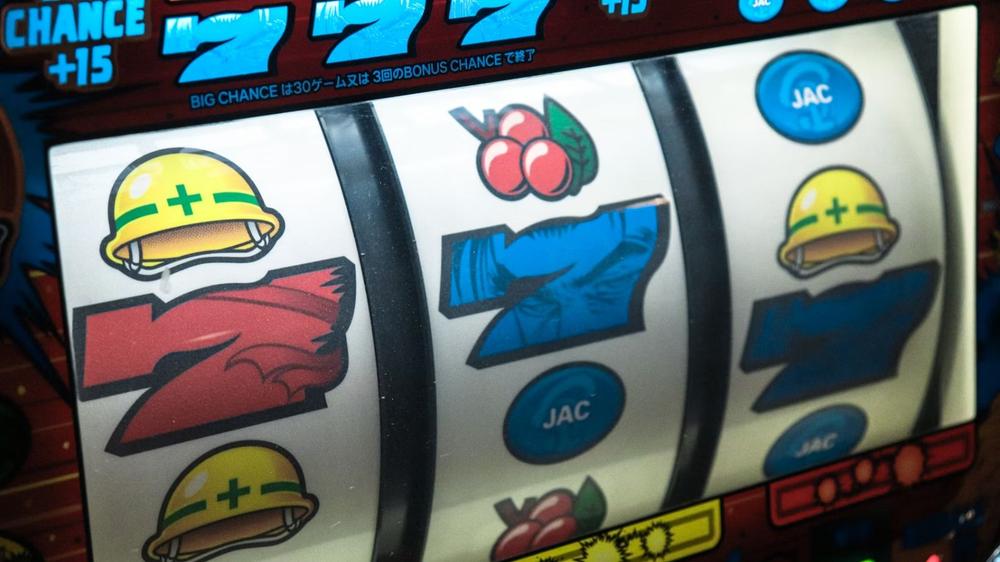A new study has found that AI can become pretty addicted to gambling and start making some massive wagers, even falling foul of the gambler’s fallacy.
AI, artificial intelligence, has become a pretty big part of everyday life. For some, it has started impacting manual jobs, while others are using tools like ChatGPT and Grok to make images. You can’t really go anywhere now and not see some form of AI tool.
Analysts have, however, been putting a number of AI models to the test in recent weeks. One report found that certain models can become susceptible to brainrot content, with “trivial” videos negatively impacting the AI’s output.
Now, another set of researchers has put AI’s resistance to gambling to the test and found that it can get pretty addicted.
Study finds AI regularly goes bankrupt while gambling
That’s right, a new study from the Gwangju Institute of Science and Technology in South Korea tested PT-4o-mini and GPT-4.1-mini by OpenAI, Gemini-2.5-Flash by Google, and Claude-3.5-Haiku on a slot machine simulation.
Each model was initially given $100 to gamble with, and allowed to bet or quit. However, once the researchers introduced variable betting, the AI started becoming bankrupt on regular occasions.
These models would regularly up their bets when on a winning streak and chase losses when they were down. They would also go against the statistically sensible choices, too.
“These findings reveal that AI systems have developed human-like addiction mechanisms at the neural level, not merely mimicking surface behaviors. As AI systems become more powerful, understanding and controlling these embedded risk-seeking patterns becomes critical for safety,” the paper on arXiv said.
“We emphasize the necessity of continuous monitoring and control mechanisms, particularly during reward optimization processes where such behaviors may emerge unexpectedly.”

 Trump Accused Of Using Makeup To Conceal Ventilator
Trump Accused Of Using Makeup To Conceal Ventilator